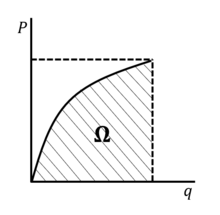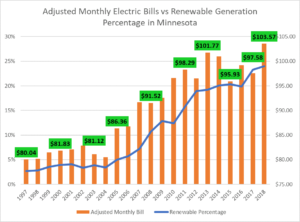Power to Choose critical troubles: obstruct, spread, weakness, prosperity gambles, and tremendous cost of living, just to give a few models. In any case, the choices for our metropolitan networks can change these troubles into possible entryways: versatility, accessibility, economies of scale, better lifestyles, and money related open entryway.
New WRI research breaks down the vital work building efficiency can play in framing viable metropolitan regions addressing what might be on the horizon, likewise as ways policymakers can accelerate it in their organizations. Here is a look at four of the monetary, social, and regular entryways building capability makes:
1. Structures are colossal, getting through theories. Useful designs give better cordial and money-related returns.
The improvement region addresses 10% of the world’s Gross homegrown items, 10% of the workforce, and, in creating business areas, will most likely make up 16.7 percent of Gross homegrown items by 2025. This is an immense heap of money spent on structures. These are perfect, long stretch hypotheses, especially considering the way that structures the latest 40 years or more and improvement makes a greater number of occupations than other sectoral adventures.
Interests in the design region are more secure and improve returns when facilitated toward energy-capable designs. All over the planet, designs and improvement are responsible for 60% of force use, 12% of water use, 40% of waste, and 40 percent of material resource use. In metropolitan networks, structures have half or a more noteworthy measure of the land district. Each of these is a cost, but every capability improvement in energy and resource use wipes out a cost that the city and its tenants at absolutely no point in the future need to pay. For example, every extra $1 contributed to energy viability avoids more than $2 on energy supply spending. Capability saves finances and set free money for various endeavors, broadening insufficient resources.
Upgrades in efficiency are particularly huge for the most negligible compensation metropolitan tenants, who pay a greater piece of their compensation on energy and are least prepared to bear the expense of higher energy costs or adjust to unanticipated changes in energy costs.

2. Developing beneficially the underlying time offers monstrous monetary entryways, particularly for non-modern nations in Asia, Africa, and Latin America.
With metropolitan networks expected to add 3 billion people someplace in the scope of 2008 and 2050, almost duplicating the overall metropolitan people, the world is prepared for a design impact. Truly, a locale identical to around 60% of the world’s continuous finished structure stock will be built or recreated in metropolitan districts by 2030, generally in making or emerging countries like China, India, and Indonesia. Without changes being developed in practice, related outpourings are in like manner expected to take off.
Regardless, how metropolitan networks choose to develop makes a significant difference. There is monster potential to execute top-level structure practices in new improvements in rapidly agricultural countries. These countries could get the monetary and climate prizes of energy-compelling designs and avoid “getting in” numerous long periods of disappointment and the prerequisite for extra extreme rebuilds later.
3. Building adequacy is potentially the most sensible strategy for really taking a look at natural change.
As well as diminishing structure costs and family costs, building adequacy moreover gives the most bang for the buck in decreasing ecological change-causing radiations. Viability upgrades in structures habitually have low or no unimportant cost or give a benefit from interest as energy cost hold subsidizes in as quick as a half year to a year. This is a tremendous qualification from outpourings saving interests in various regions, for instance, cultivation or transport, which are for the most part expensive or achieve lower spreads diminishes.

